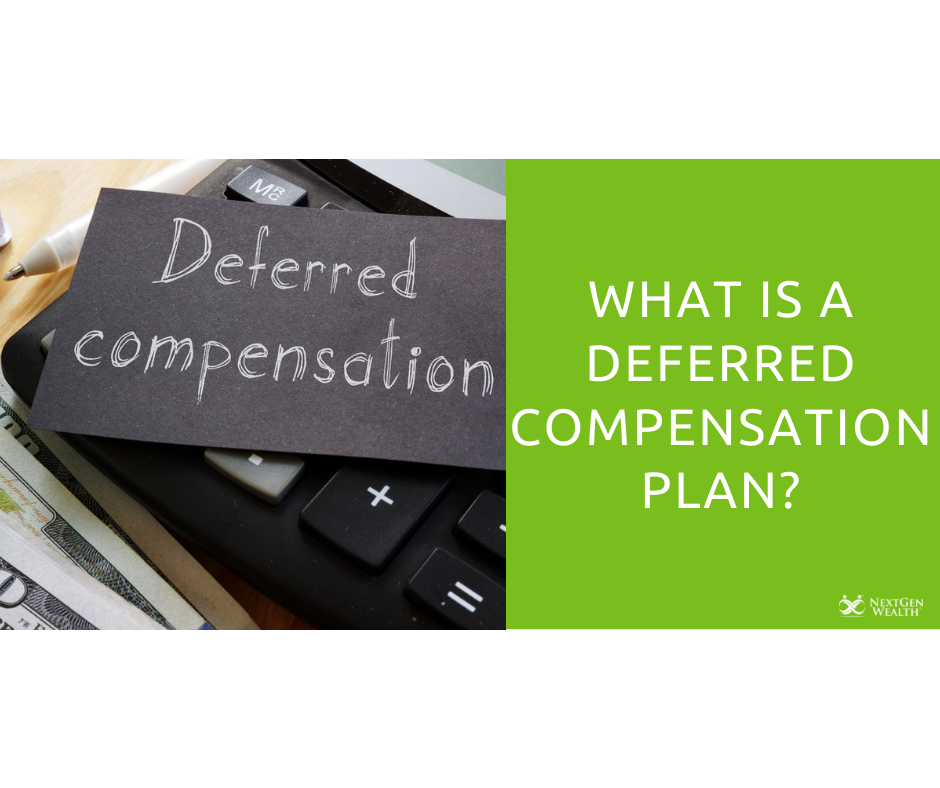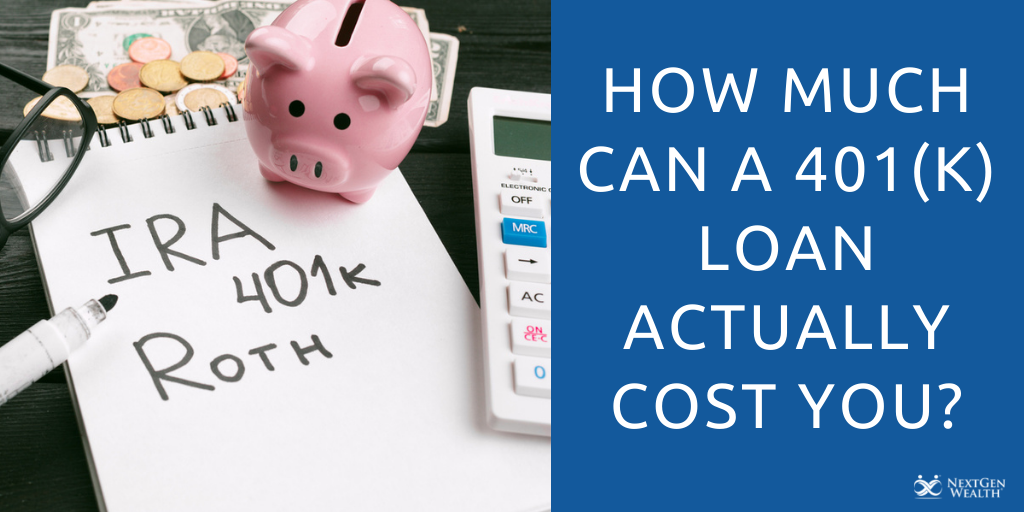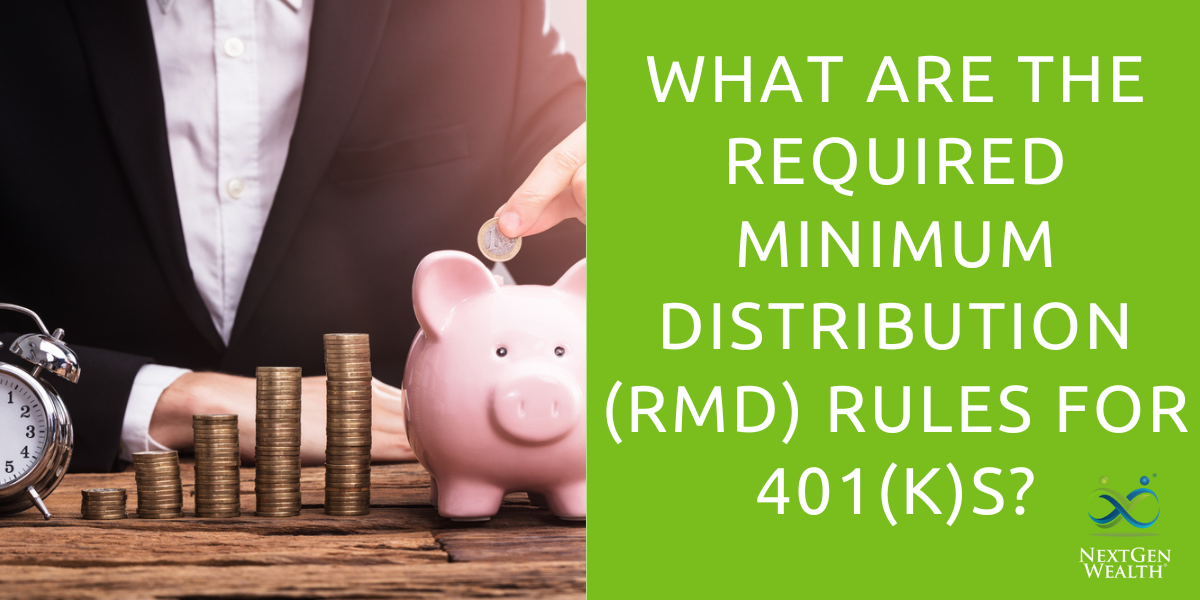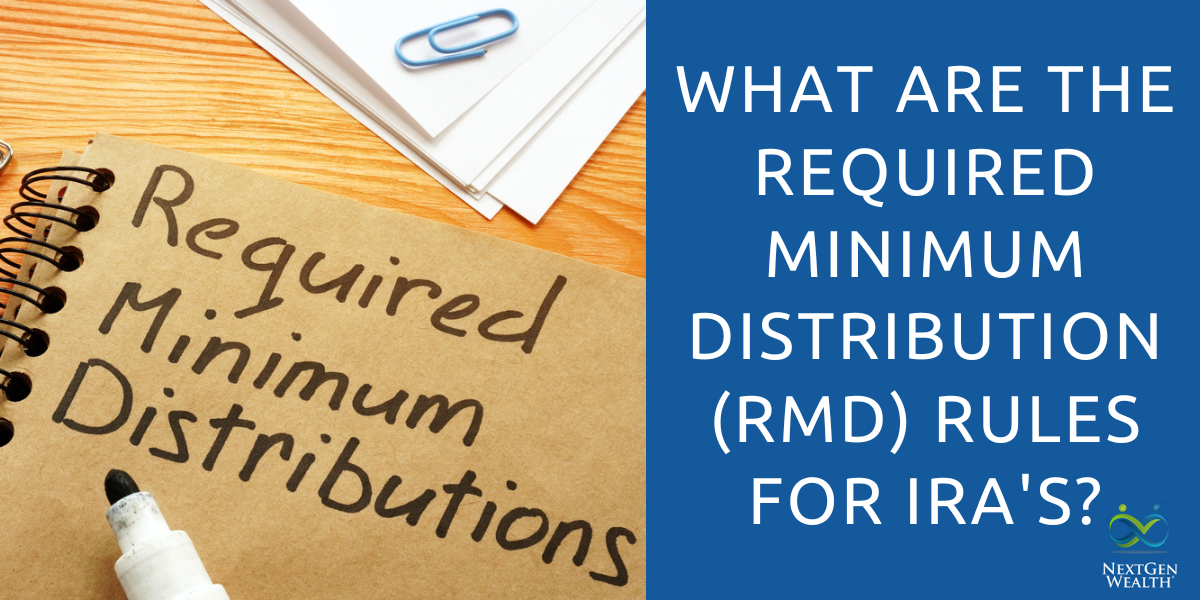This post was last updated on June 24, 2023, to reflect all updated information and best serve your needs.
Whether you’re retiring early or your financial circumstances shift unexpectedly, a “72t” withdrawal strategy might be useful. Knowing the full arsenal of penalty-free withdrawal options can help you make your money work for you regardless of what life throws at you.









